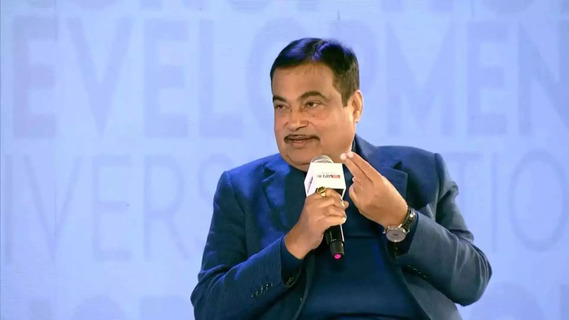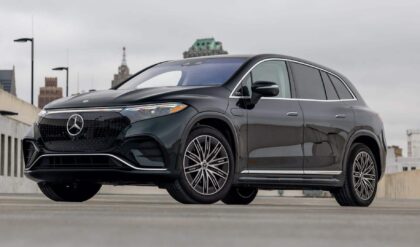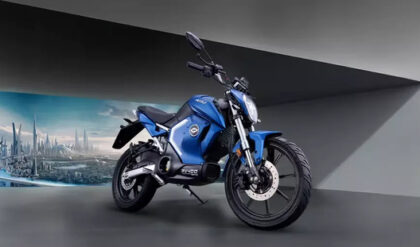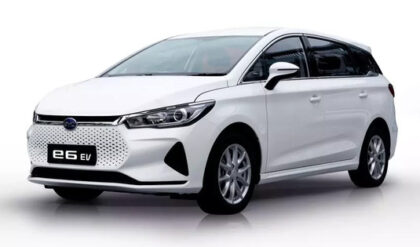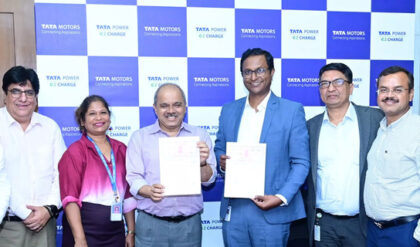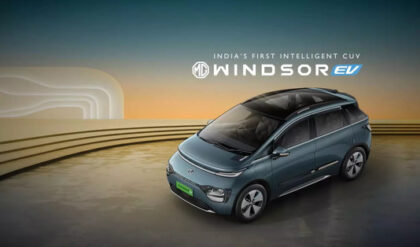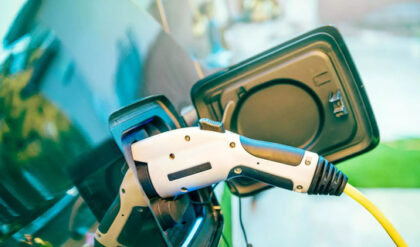Union Minister Nitin Gadkari, overseeing the Ministry of Road Transport and Highways, has asserted that electric vehicle (EV) manufacturers in India no longer require government subsidies. He attributed this stance to the surging demand for EVs and alternative fuel vehicles like CNG, coupled with decreasing battery costs and favorable tax policies.
Also Read:
Gadkari emphasized that the market is evolving rapidly, and EVs are increasingly competitive without government incentives. He predicted that price parity between EVs and conventional vehicles would be achieved within two years. To further stimulate EV adoption, the government has implemented measures such as reduced GST rates for locally manufactured EVs.
While acknowledging the relatively slow uptake of EVs in India compared to other markets, Gadkari expressed confidence in the industry’s potential. He highlighted that manufacturers are benefiting from lower production costs, driven by declining lithium-ion battery prices. Additionally, consumers are increasingly making informed choices in favor of EVs and CNG vehicles, indicating a growing market preference.
The government has played a pivotal role in fostering the EV ecosystem through initiatives like the Faster Adoption and Manufacturing of Hybrid and Electric Vehicles (FAME) India scheme. However, as the market matures and becomes more self-sufficient, Gadkari believes that subsidies are no longer necessary to drive growth.
As the FAME scheme enters its third phase, the government is finalizing new guidelines to support the continued development of the EV industry. While specific details are still being determined, the overarching goal is to create a sustainable and competitive EV market in India.
Get Live on Times Now along with Breaking News and Top Headlines from , and around the world.

